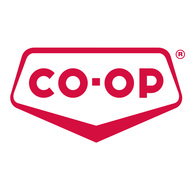
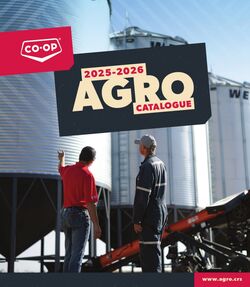
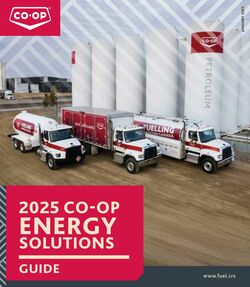
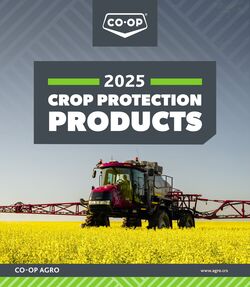







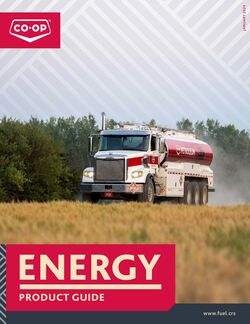

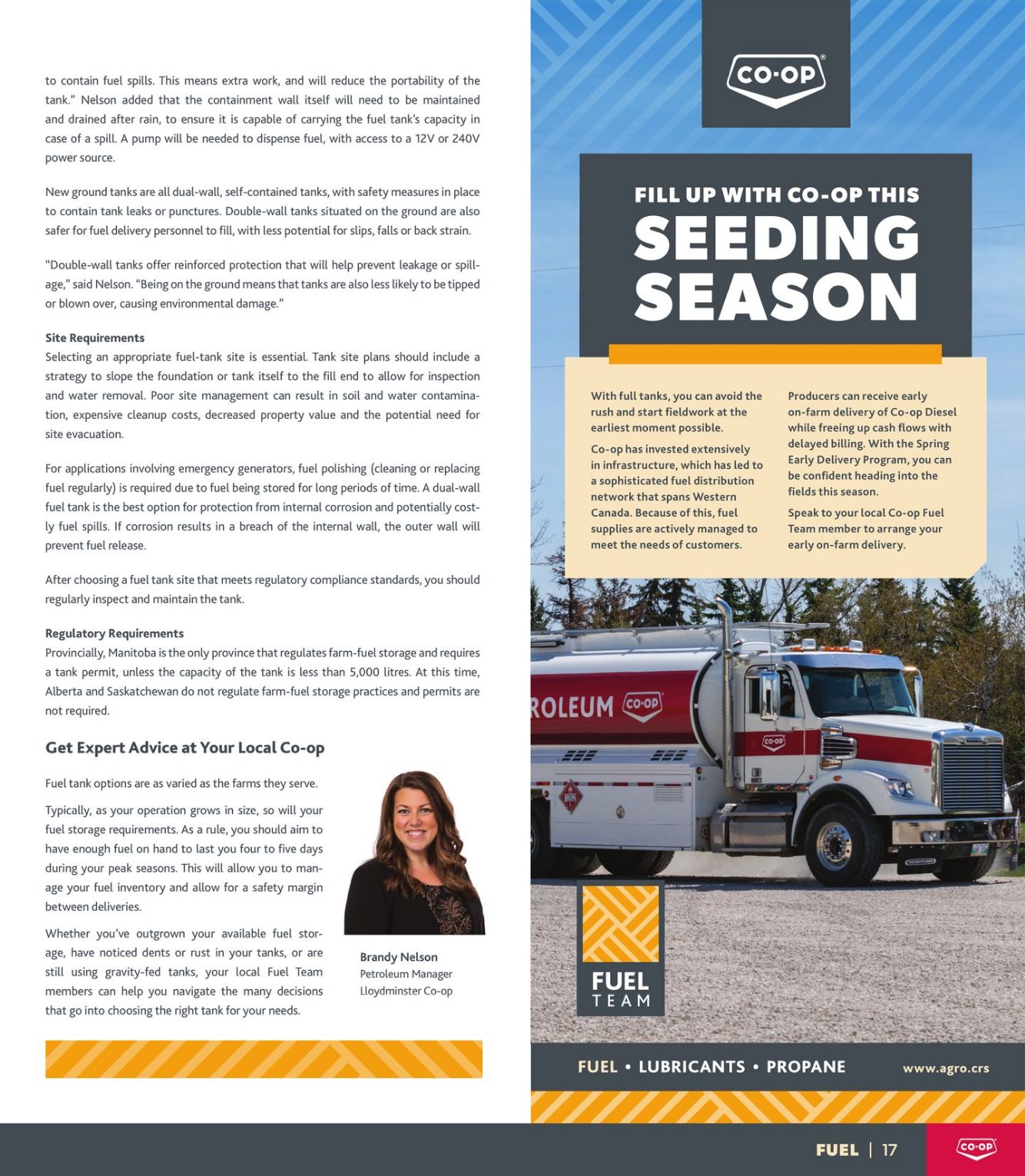
Les produits de cette circulaire
to contain fuel spills. This means extra work, and will reduce the portability of the tank" Nelson added that the containment wall itself will need to be maintained and drained after rain, to ensure it is capable of carrying the fuel tank's capacity in case of a spill. A pump will be needed to dispense fuel, with access to a 12V or 240V power source. New ground tanks are all dual-wall, self-contained tanks, with safety measures in place to contain tank leaks or punctures. Double-wall tanks situated on the ground are also safer for fuel delivery personnel to fill, with Less potential for slips, falls or back strain “Double-wall tanks offer reinforced protection that will help prevent leakage or spill- age," said Nelson. “Being on the ground means that tanks are also Less likely to be tipped or blown over, causing environmental damage." Site Requirements Selecting an appropriate fuel-tank site is essential. Tank site plans should include à strategy to slope the foundation or tank itself to the fill end to allow for inspection and water removal. Poor site management can result in soil and water contamina- tion, expensive cleanup costs, decreased property value and the potential need for site evacuation. For applications involving emergency generators, fuel polishing (cleaning or replacing fuel regularly) is required due to fuel being stored for long periods of time. À dual-wall fuel tank is the best option for protection from internal corrosion and potentially cost- ly fuel spills. If corrosion results in a breach of the internal wall, the outer wall will prevent fuel release. After choosing a fuel tank site that meets regulatory compliance standards, you should regulaly inspect and maintain the tank. Regulatory Requirements Provincially, Manitoba is the only province that regulates farm-fuel storage and requires à tank permit, unless the capacity of the tank is less than 5,000 litres. At this time, Alberta and Saskatchewan do not regulate farm-fuel storage practices and permits are not required Get Expert Advice at Your Local Co-op Fuel tank options are as varied as the farms they serve. Typically, as your operation grows in size, so will your fuel storage requirements. As a rule, you should aim to have enough fuel on hand to last you four to five days during your peak seasons, This will allow you to man- age your fuel inventory and allow for a safety margin between deliveries Whether you've outgrown your available fuel stor- age, have noticed dents or rust in your tanks, or are Brandy Nélson Petroleum Manager Lloydminster Co-op still using gravity-fed tanks, your local Fuel Team members can help you navigate the many decisions that go into choosing the right tank for your needs. FILL UP WITH CO-OP THIS SEEDING SEASON With full tanks, you can avoid the rush and start fieldwork at the earliest moment possible. Co-op has invested extensively in infrastructure, which has led to a sophisticated fuel distribution network that spans Western Canada. Because of this, fuel supplies are actively managed to meet the needs of customers. FUEL + LUBRICANTS + PROPANE Producers can receive early on-farm delivery of Co-op Di while freeing up cash flows with delayed billing. With the Spring Early Delivery Program, you can be confident heading into the fields this season. Speak to your Local Co-op Fuel Team member to arrange your early on-farm delivery. QUE DATE
| Nom | Détails |
|---|